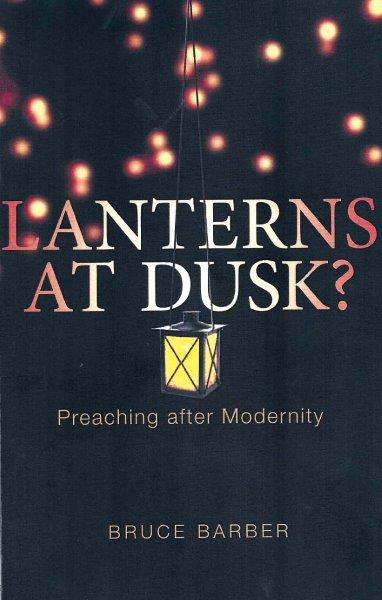 Bruce Barber is a Uniting Church minister and selfconfessed preacher. The title of this book is a reference to Nietzsche’s Parable of the Madman from The Gay Science of 1887 in which a madman lit a lantern at noon and ran to the marketplace crying that he was looking for God. The parable announces the death of God under the auspices of the Modern age.
Bruce Barber is a Uniting Church minister and selfconfessed preacher. The title of this book is a reference to Nietzsche’s Parable of the Madman from The Gay Science of 1887 in which a madman lit a lantern at noon and ran to the marketplace crying that he was looking for God. The parable announces the death of God under the auspices of the Modern age.
Bruce’s analysis is genealogical in that he traces the changes that have occurred in Christian theology from the early church to the Medieval to the Modern and, for the lack of a better term, the post-Modern. This does not mean that there are no people who now understand theology in the mode of the preceding eras, but it does point to a succession in which theologies outlast their usefulness. This genealogy of ideas goes some way towards explaining why, in our day of the Modern-post- Modern cusp, preaching has become largely unintelligible and alienated from general discourse.
Preaching does not find a place in our time in which the material world is very much at the centre of our attention, and usefulness the overall criterion. Listening to preaching requires an aptitude for assimilating paradox, irony, drama, poetry and a sense of history, all of which are being displaced by our increasingly technologised society.
By far the greatest part of the book is devoted to 28 sermons preached at various locations between 2002 and 2010. The sermons are examples of preaching freed from the crippling necessities of modernity. Evidence for factual events is absent as is the universalist God that is founded on such facts. The sermons consist, instead, of connections between the metaphorical. My delight in these sermons is that again and again conceptions, that I thought I had got to the bottom of, were further explicated to become richer. As a preacher myself I was surprised how little details of biblical texts were included in the sermons. There was little or no unpacking of the texts. Instead, the sermons deftly and in short order deal with the issue at hand.
This book is essential reading for preachers. It presents us with a theological genealogy that explains so much of our present situation and offers authentic understandings that will revive that most difficult task of the ordained. It is also a good book for the laity, those long suffering listeners to sermons. The complexity of thought and the sermons that illustrate that thought would be fodder for a group study.
Peter Sellick